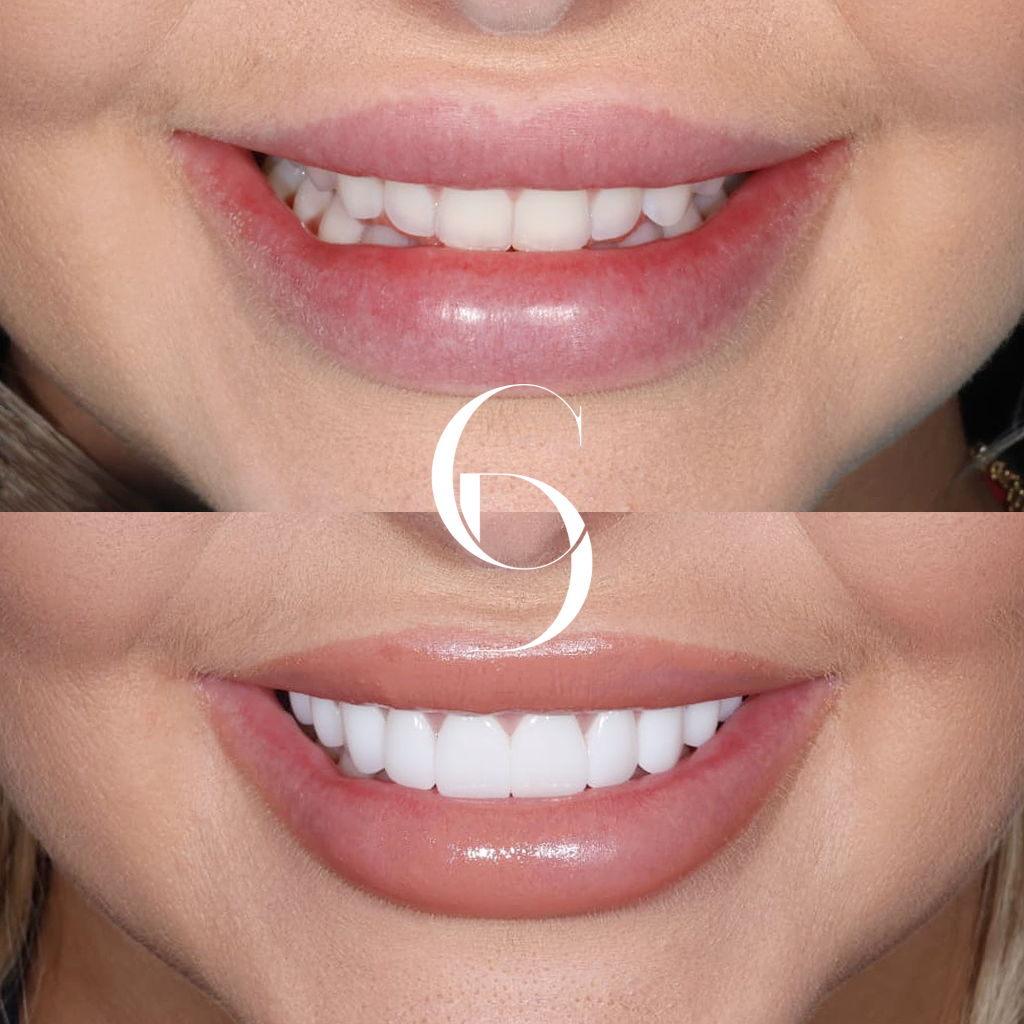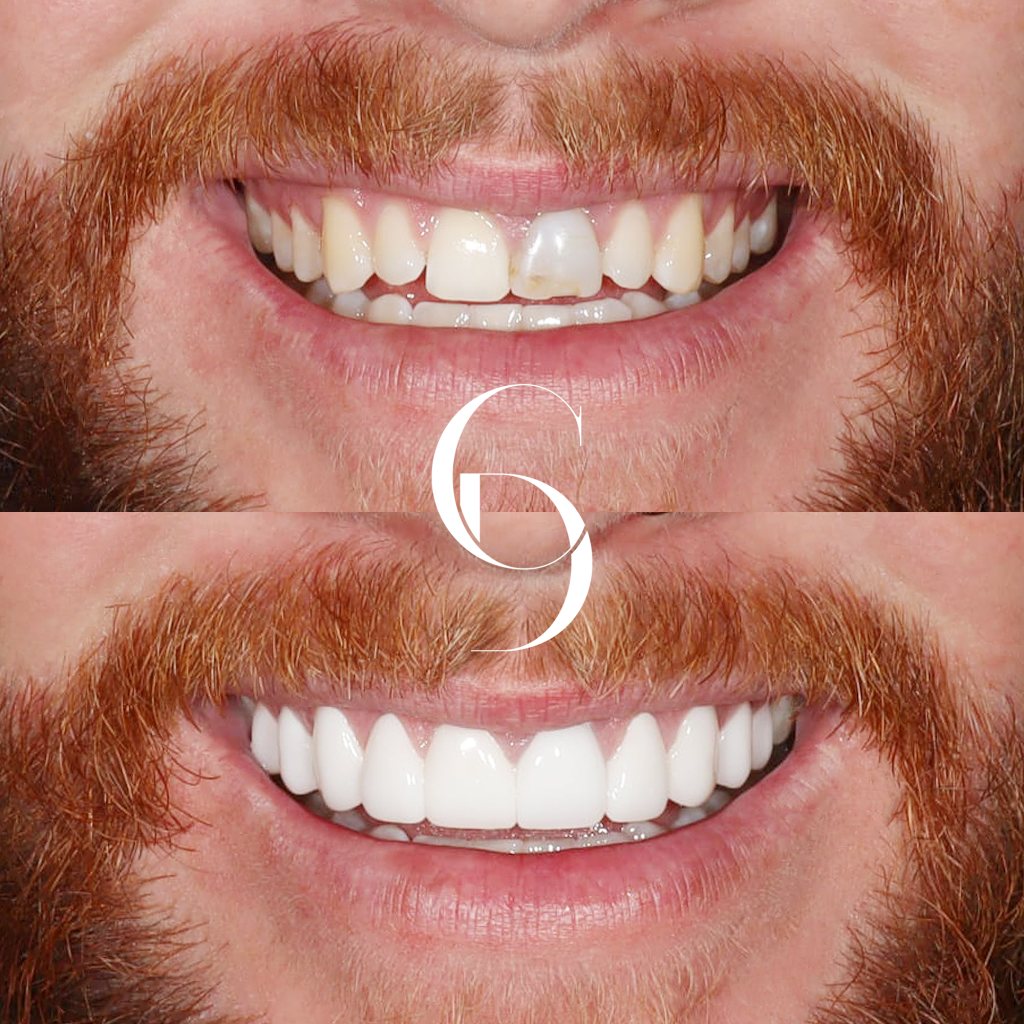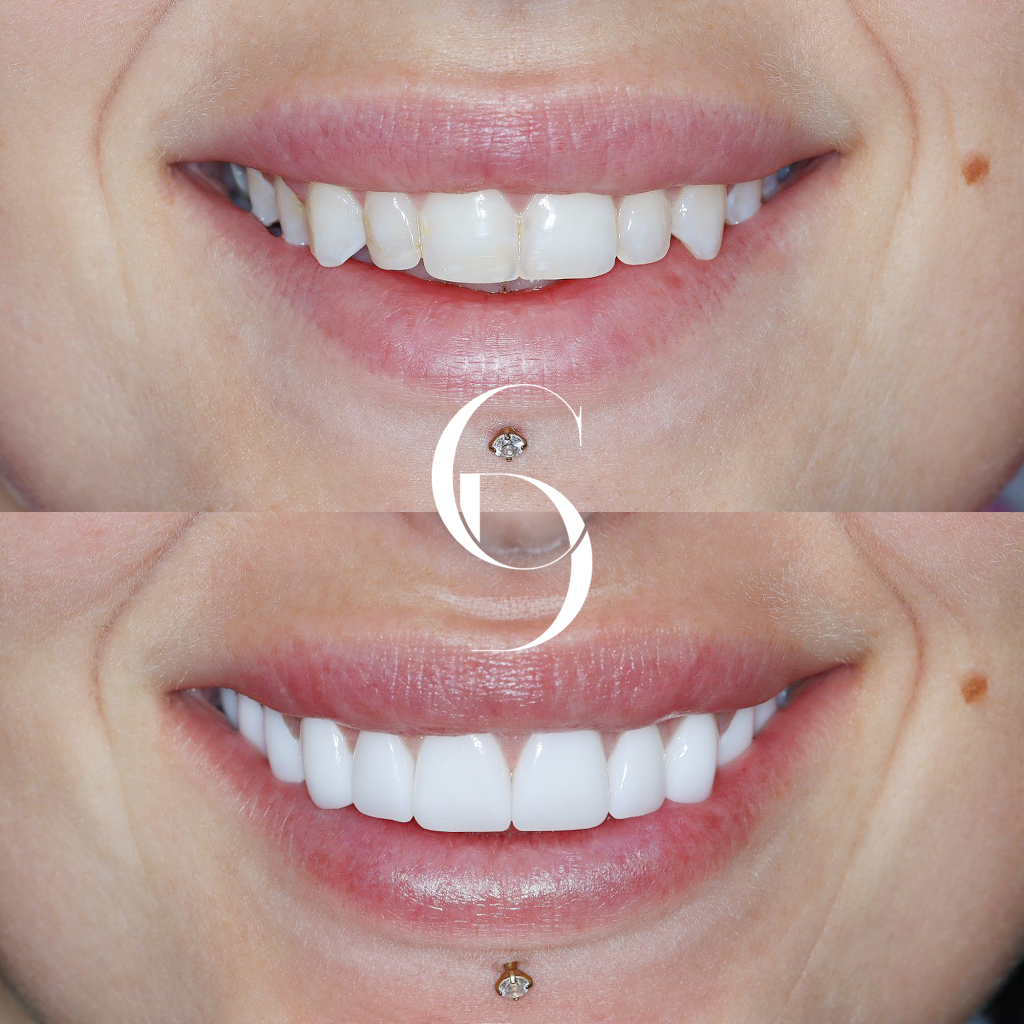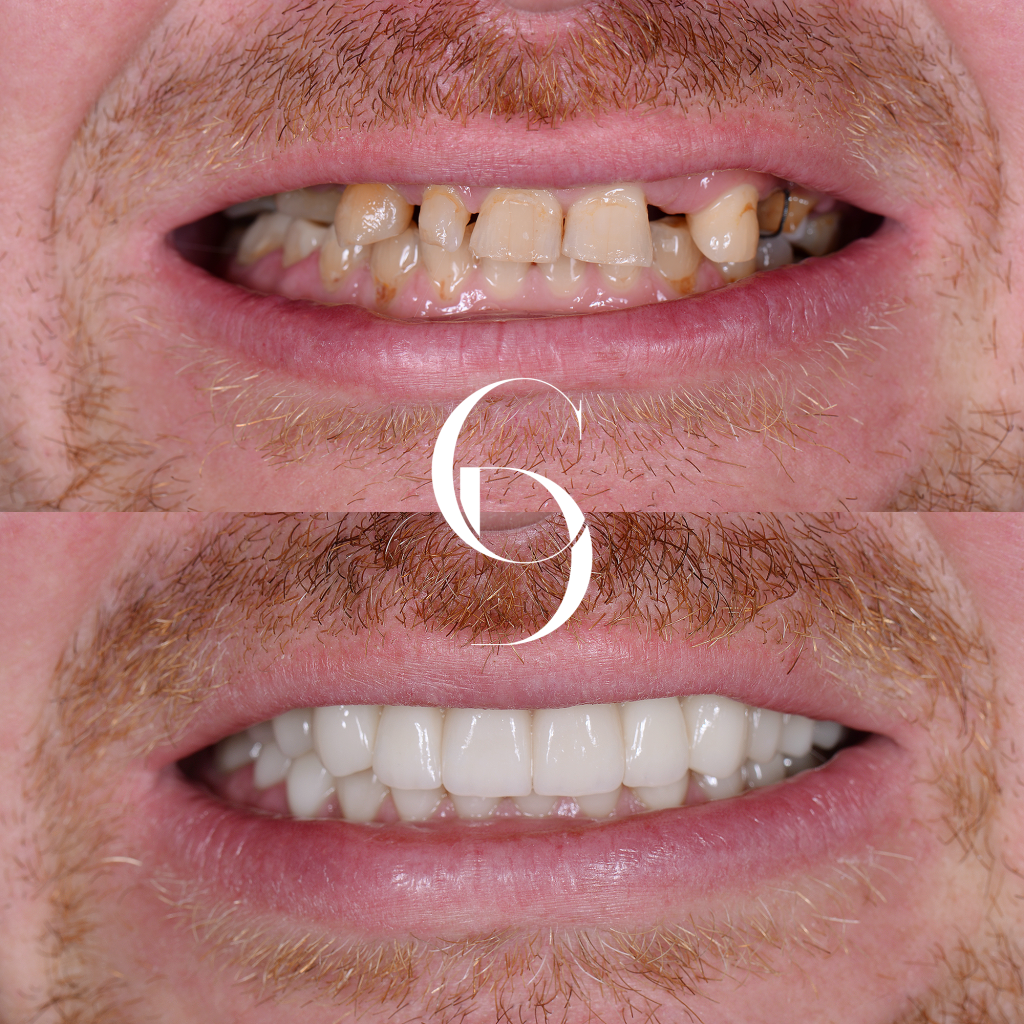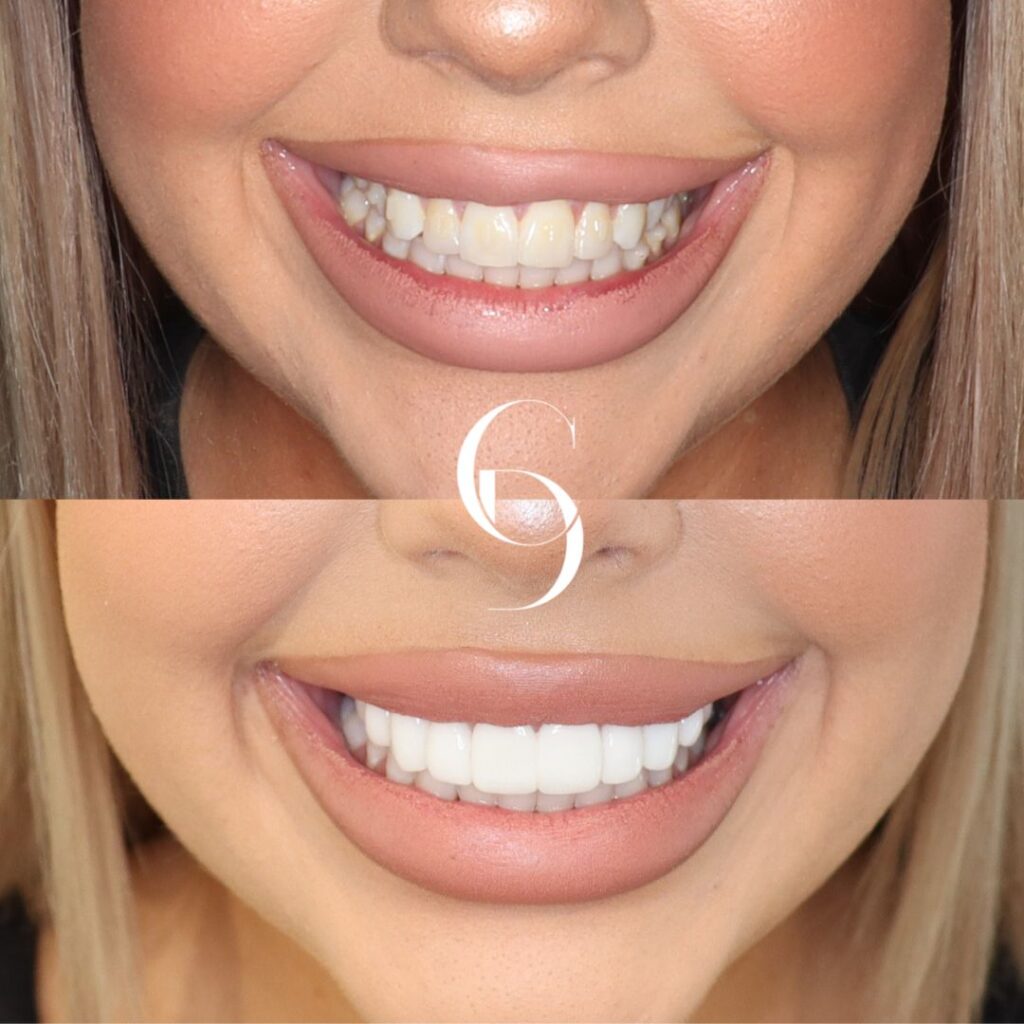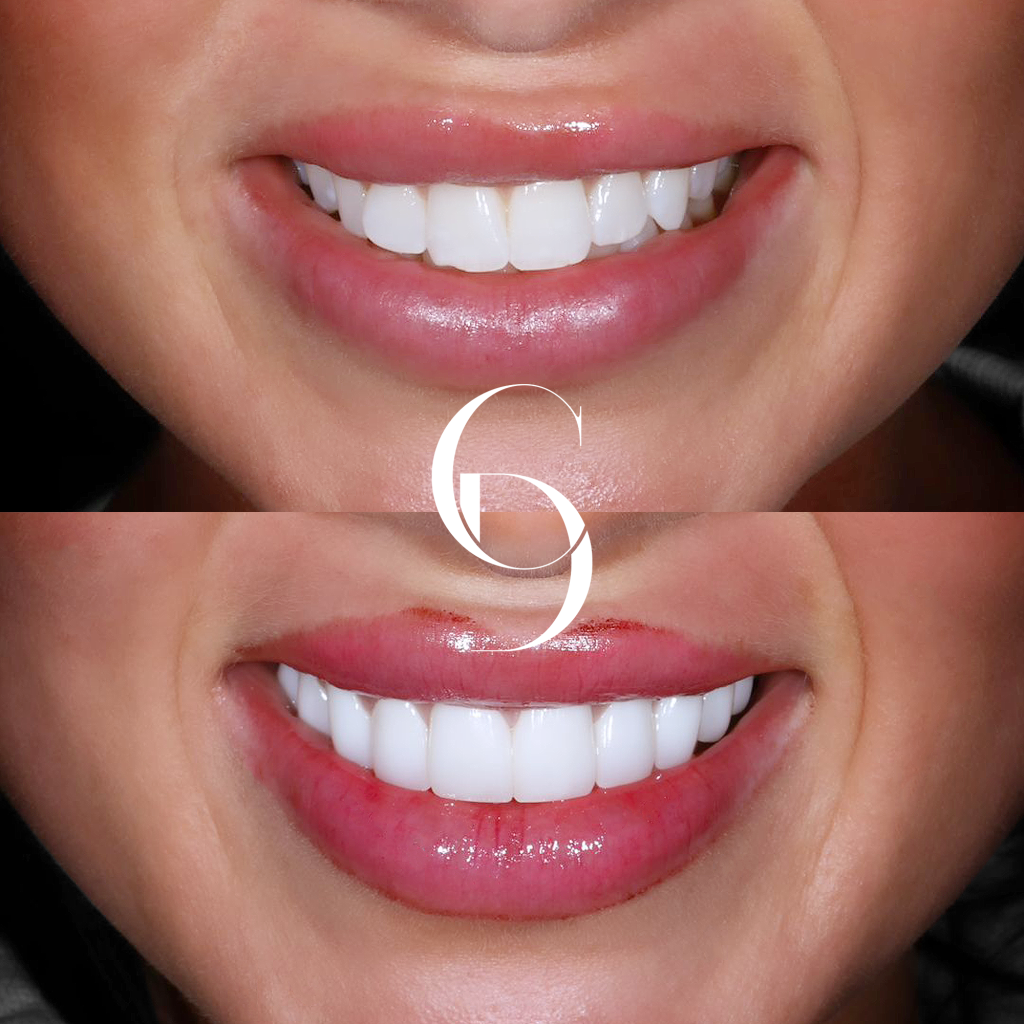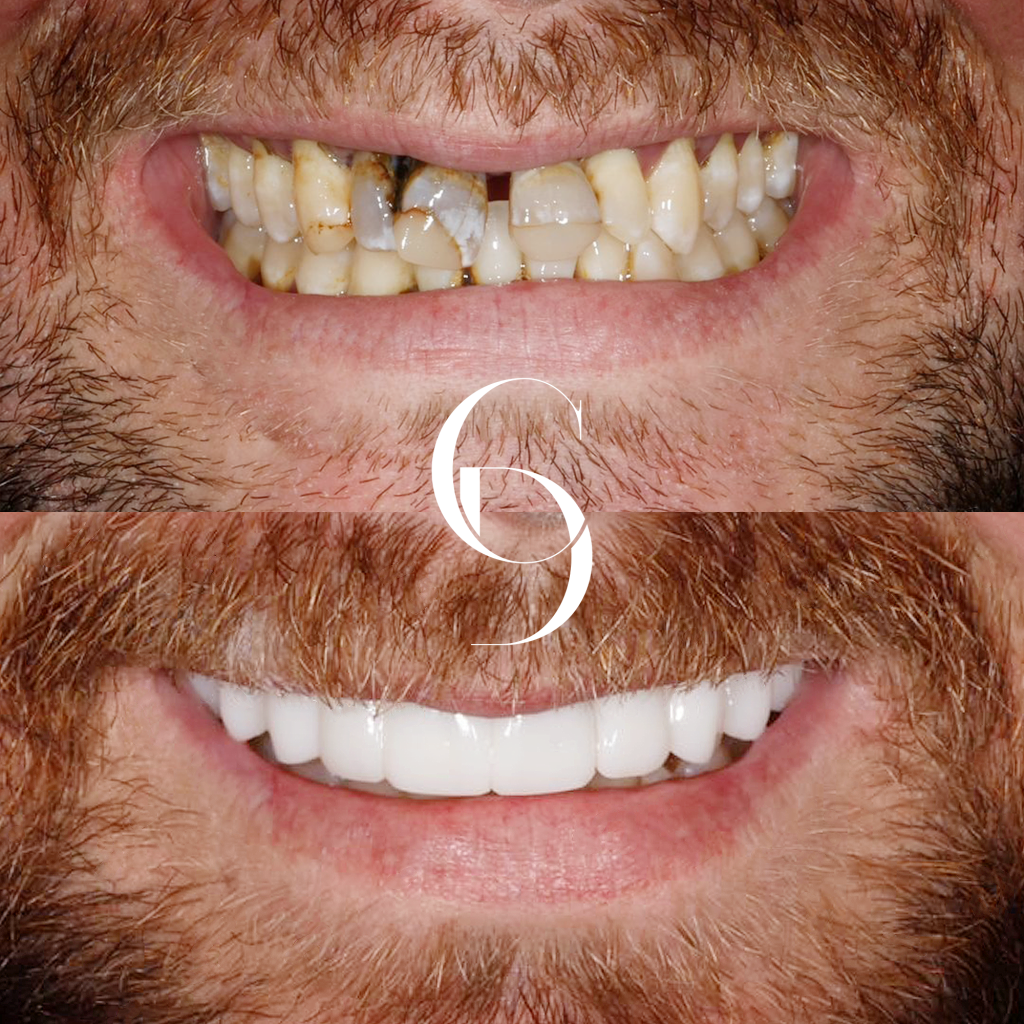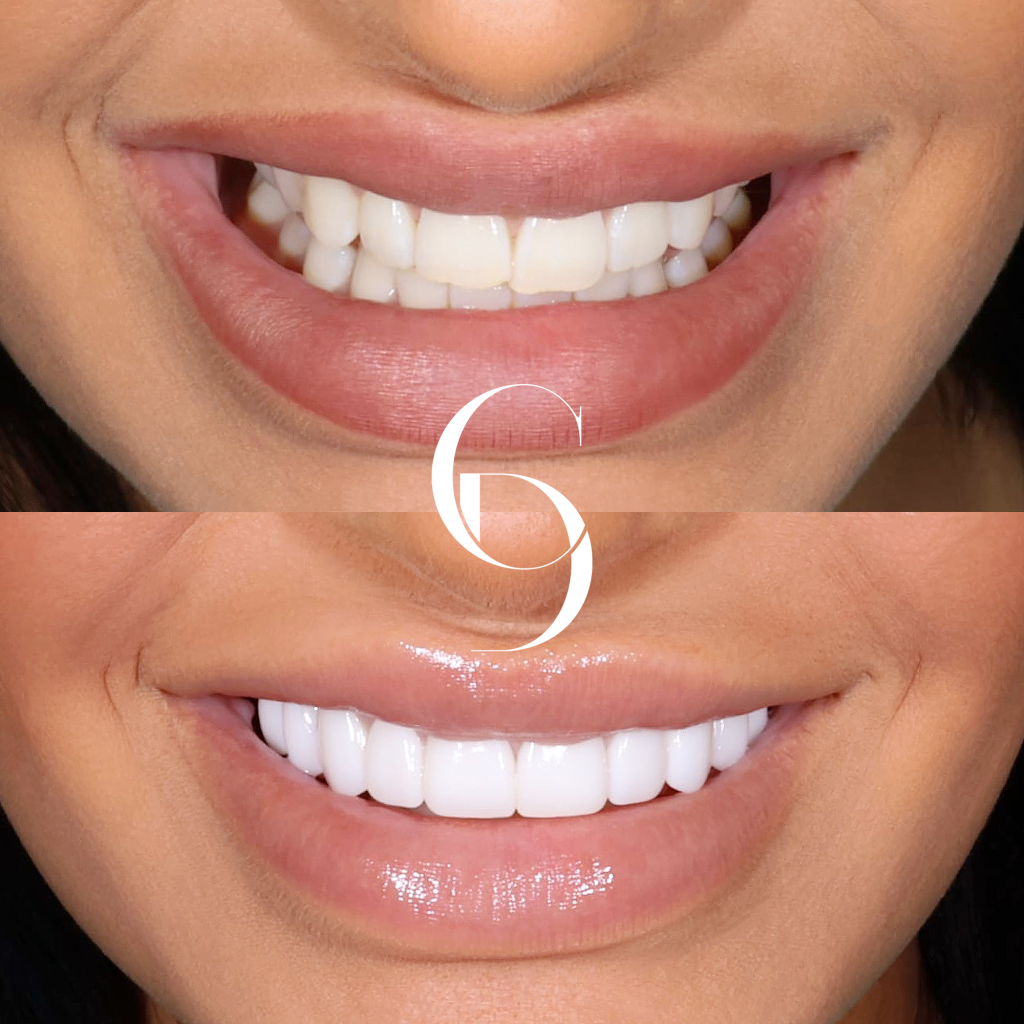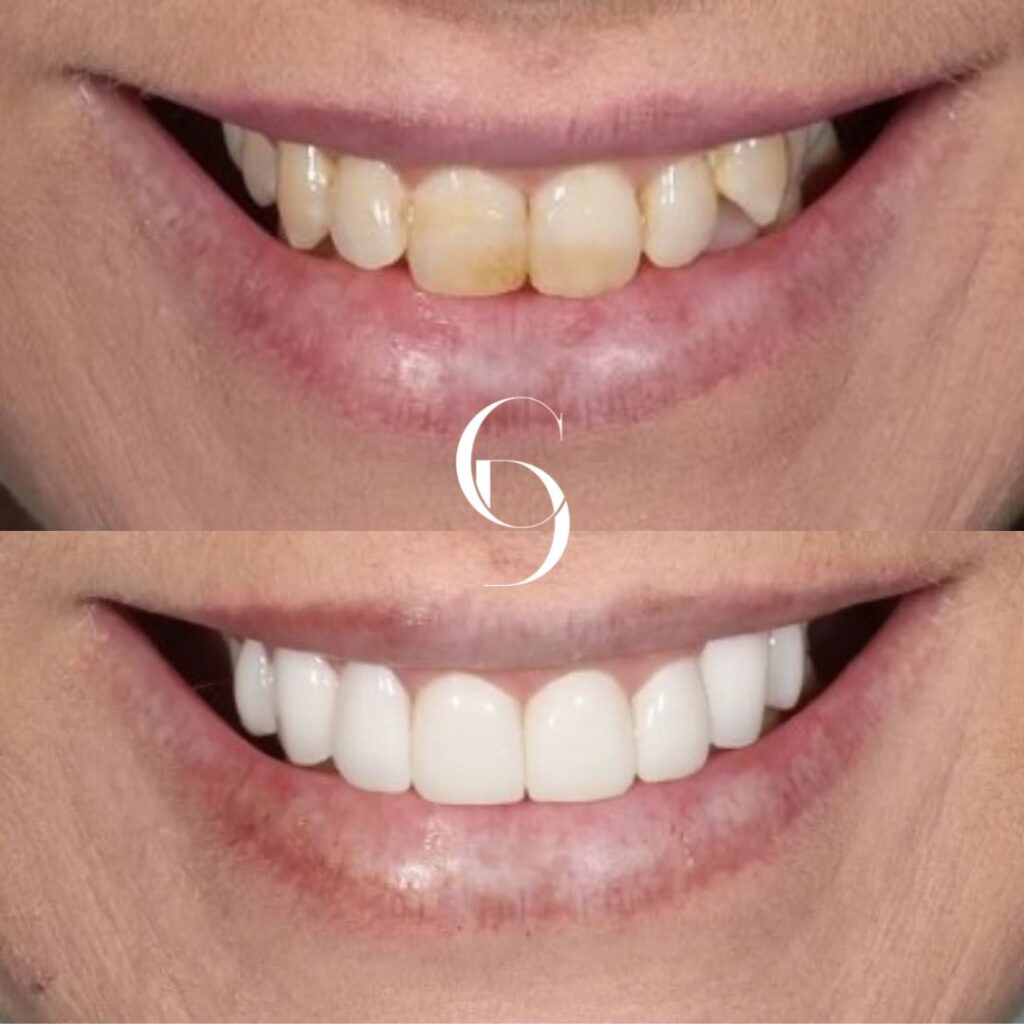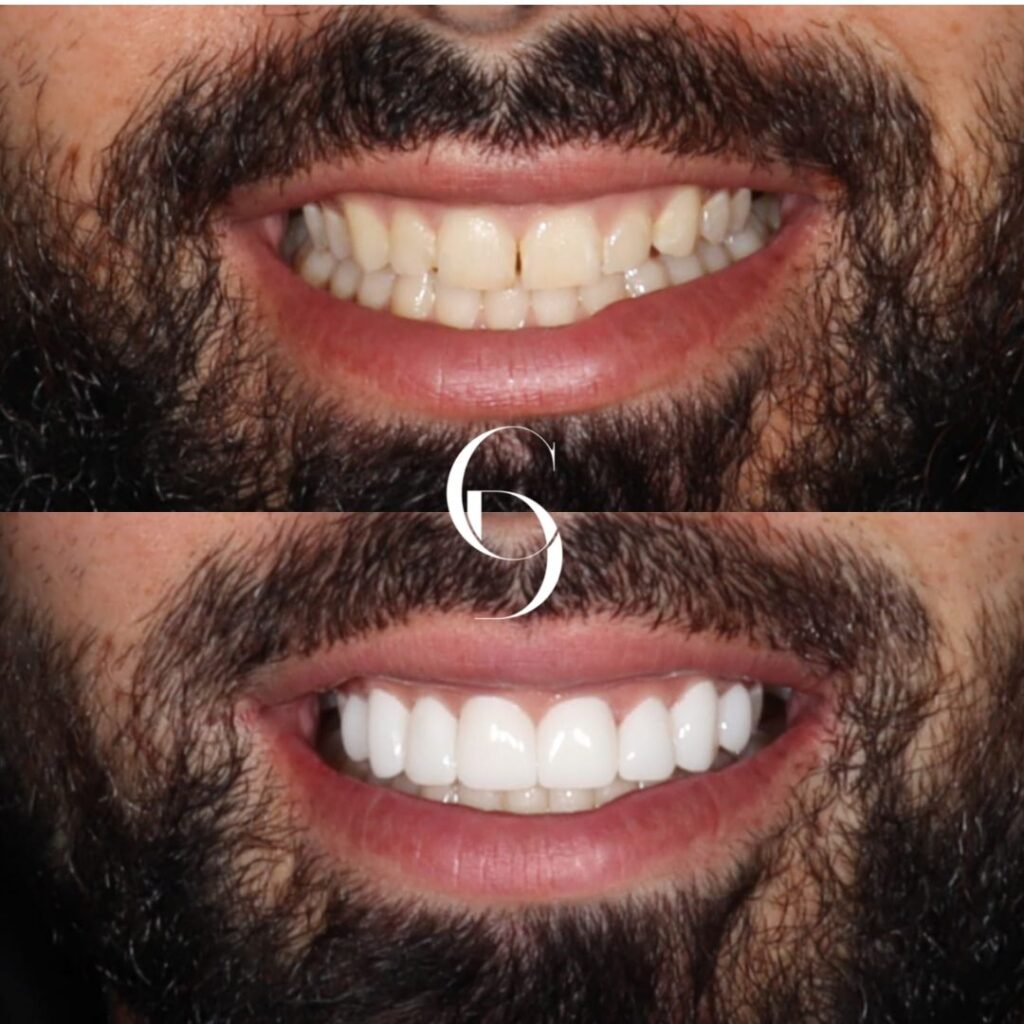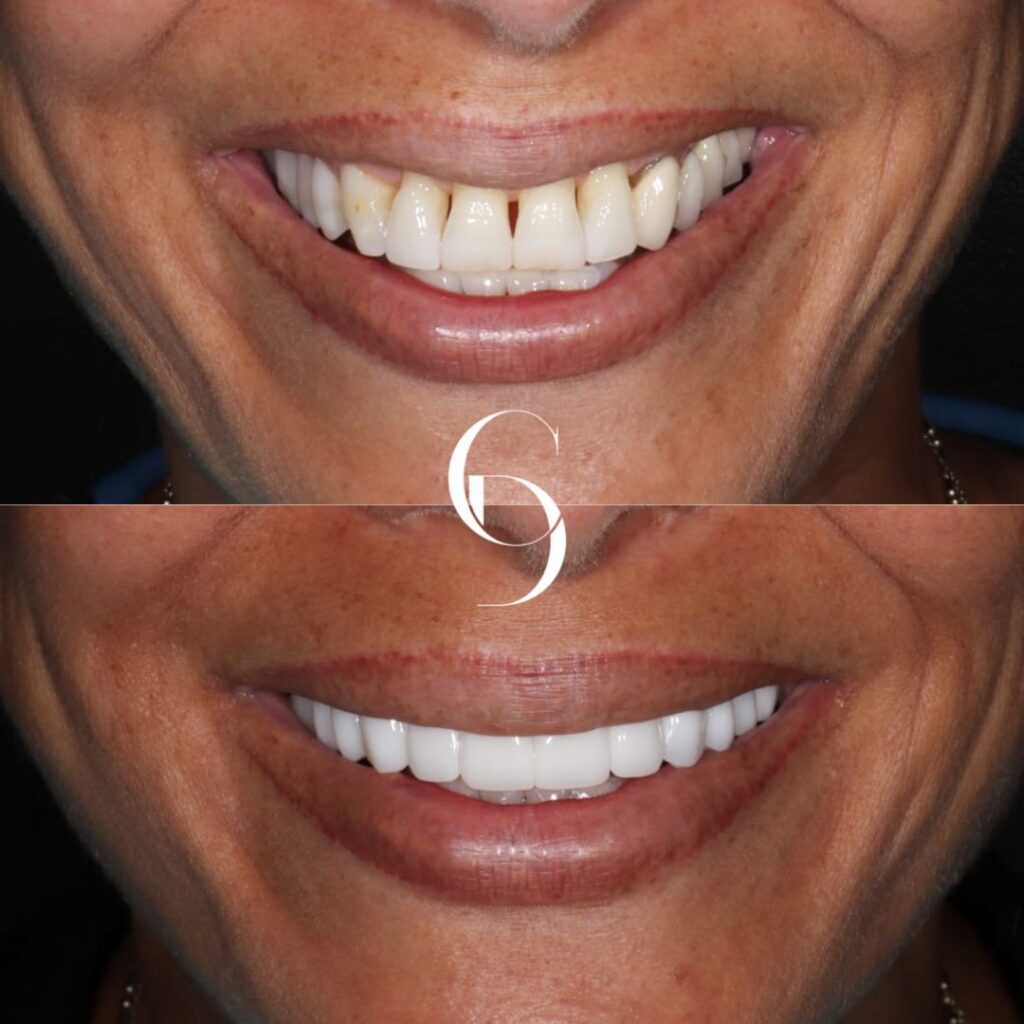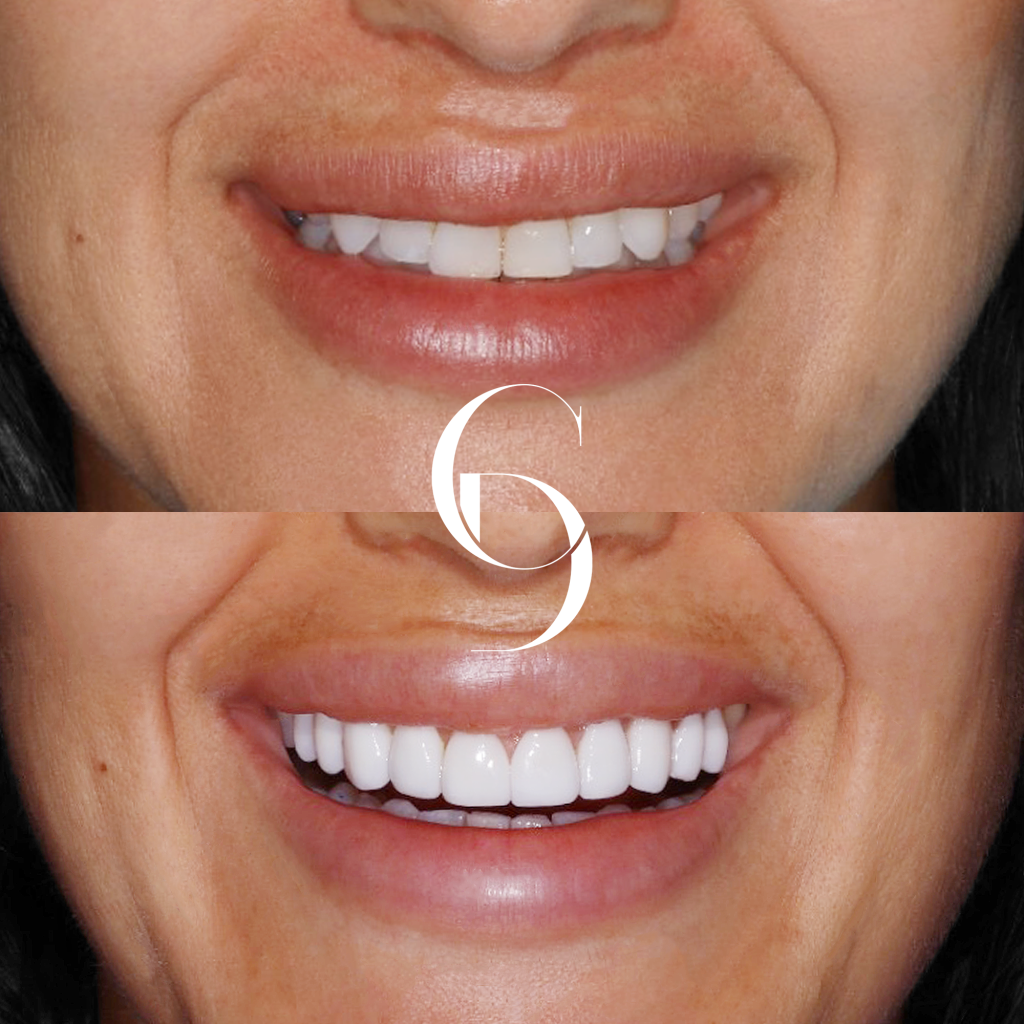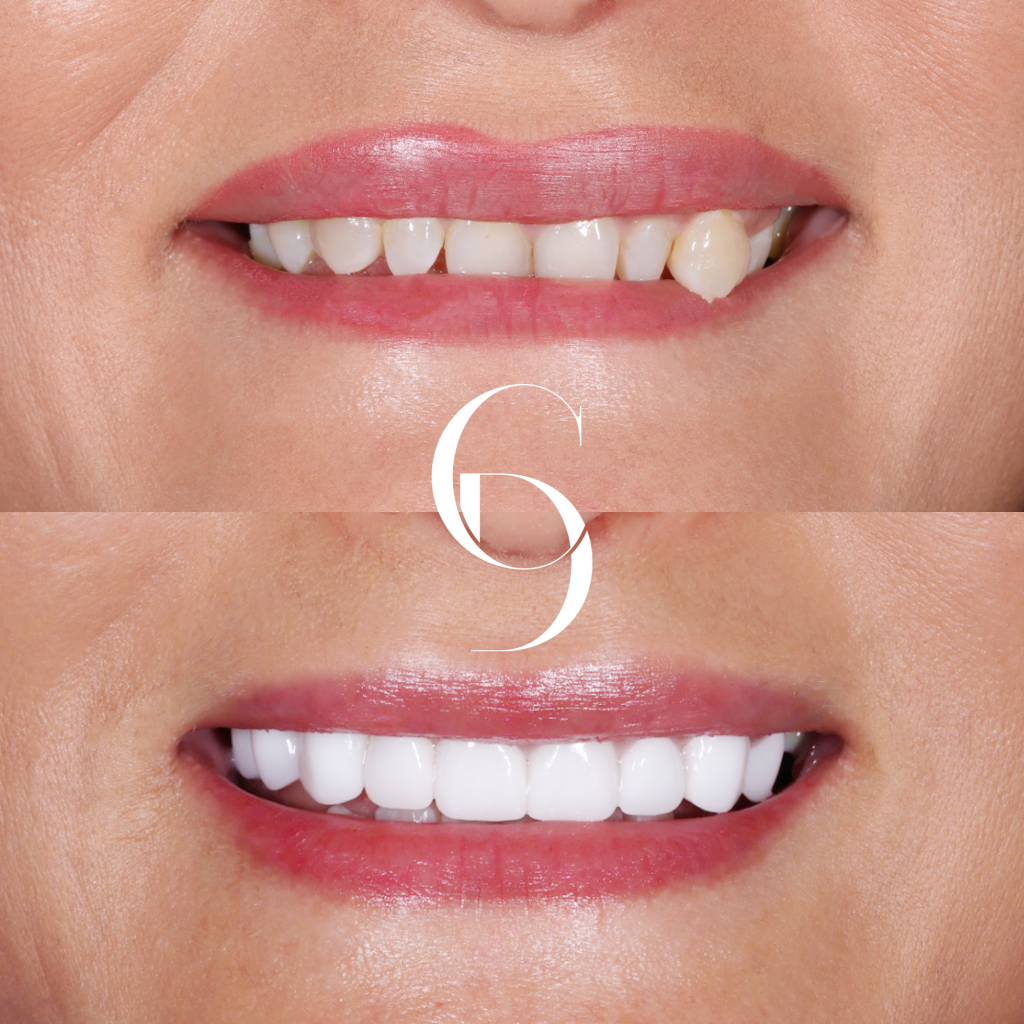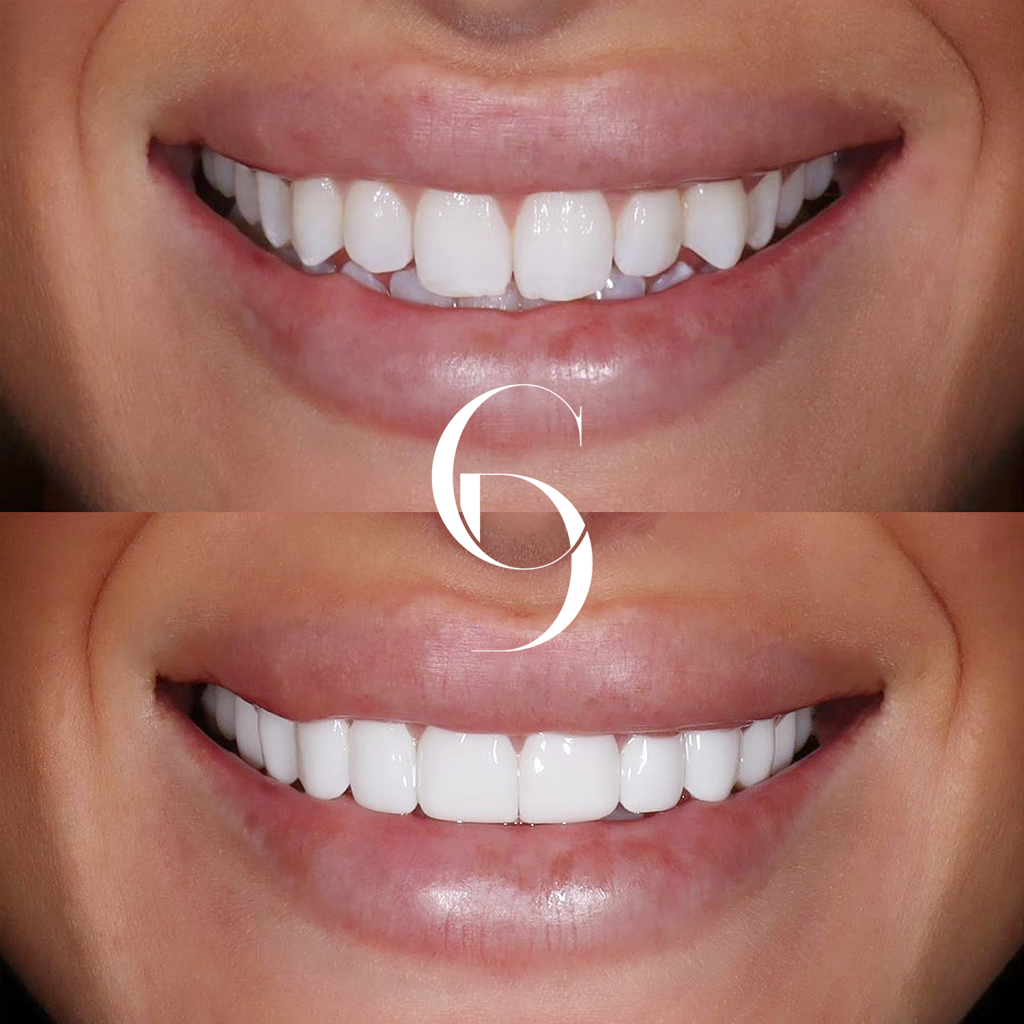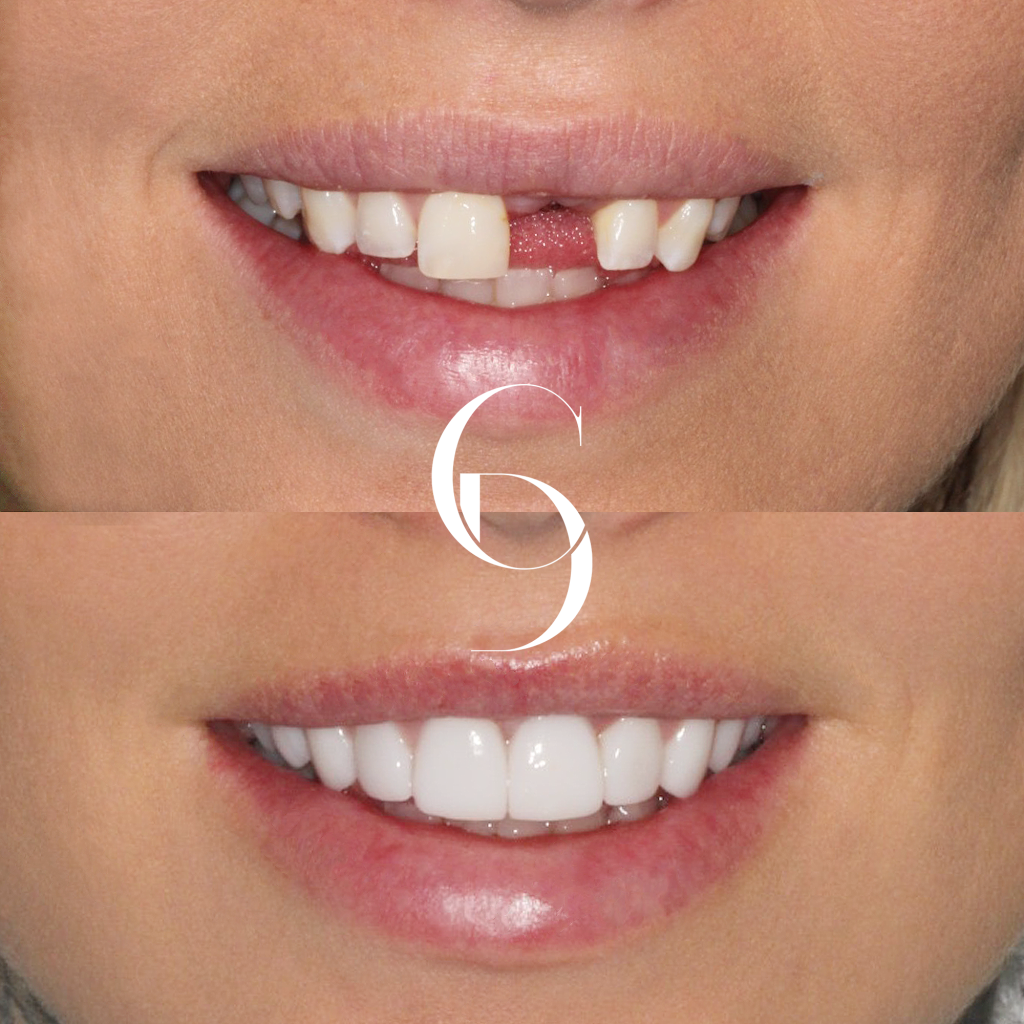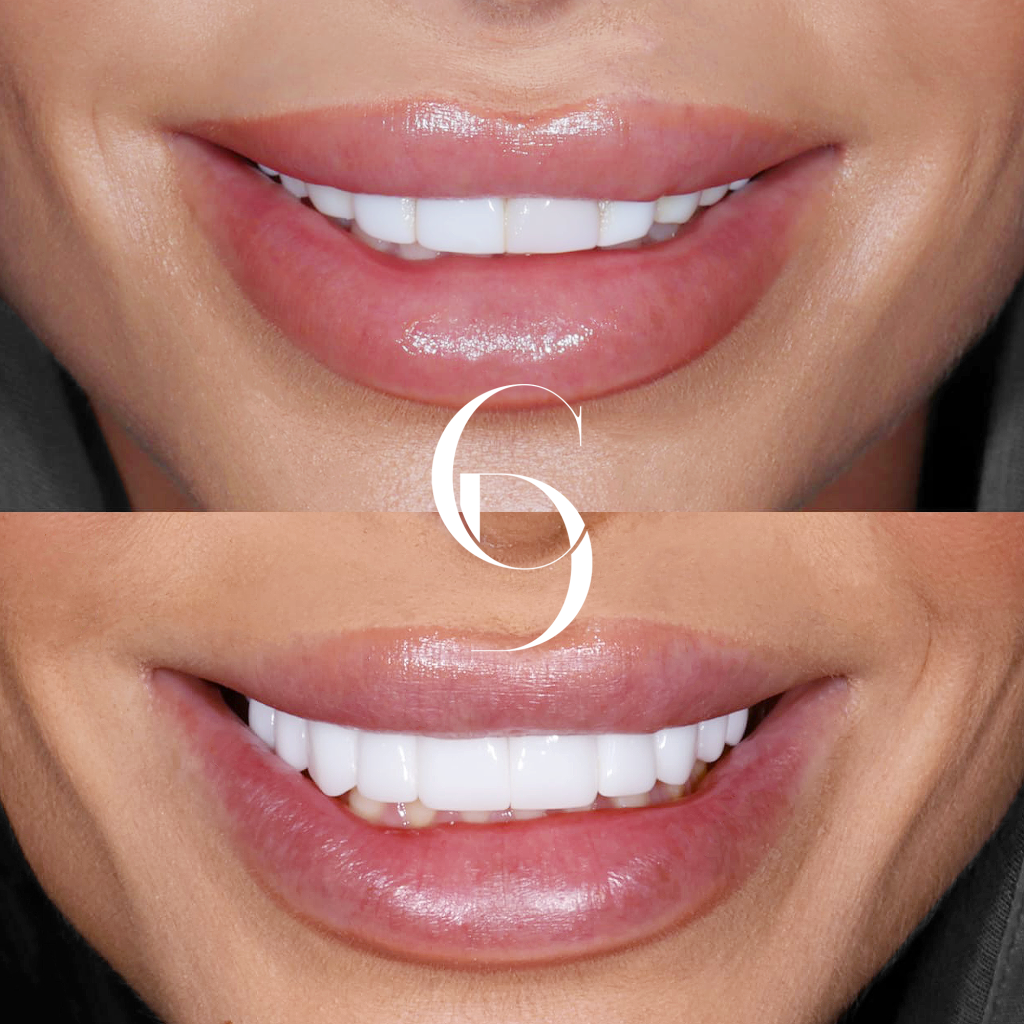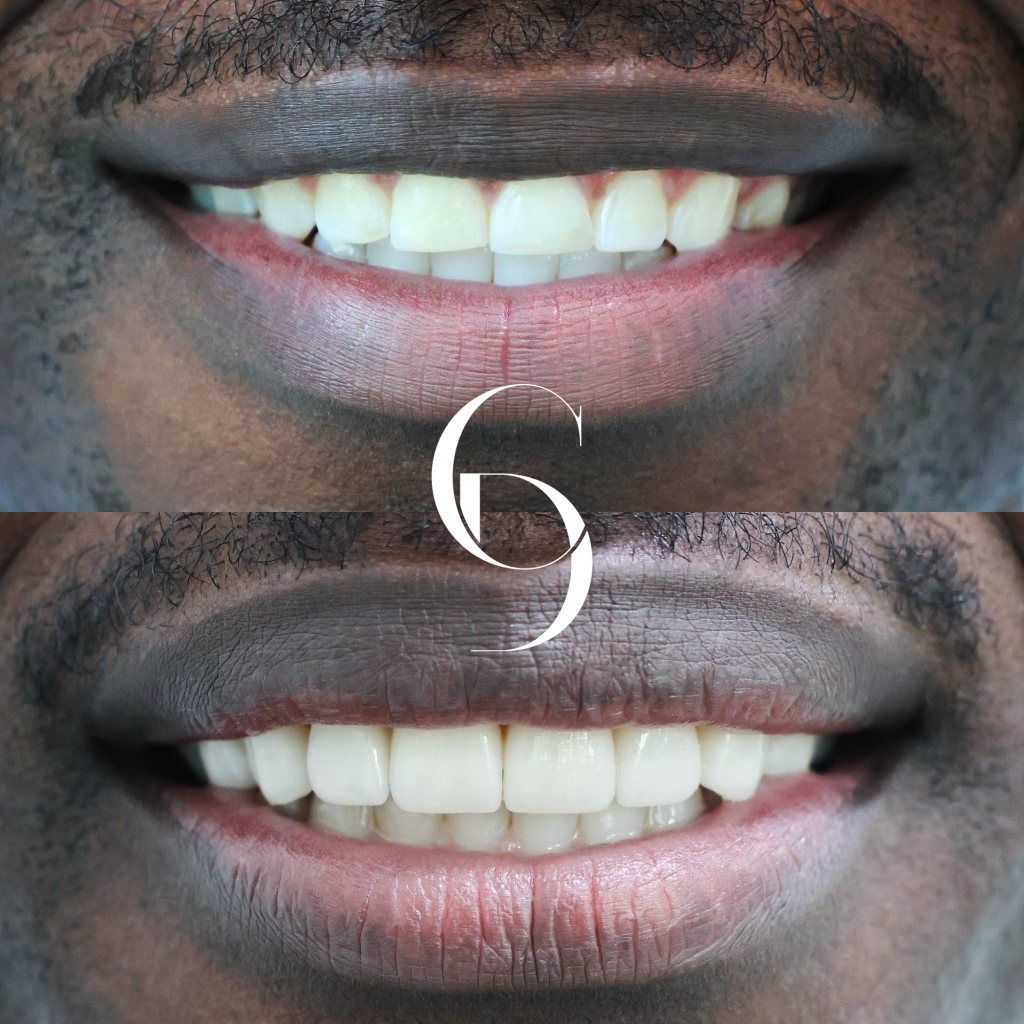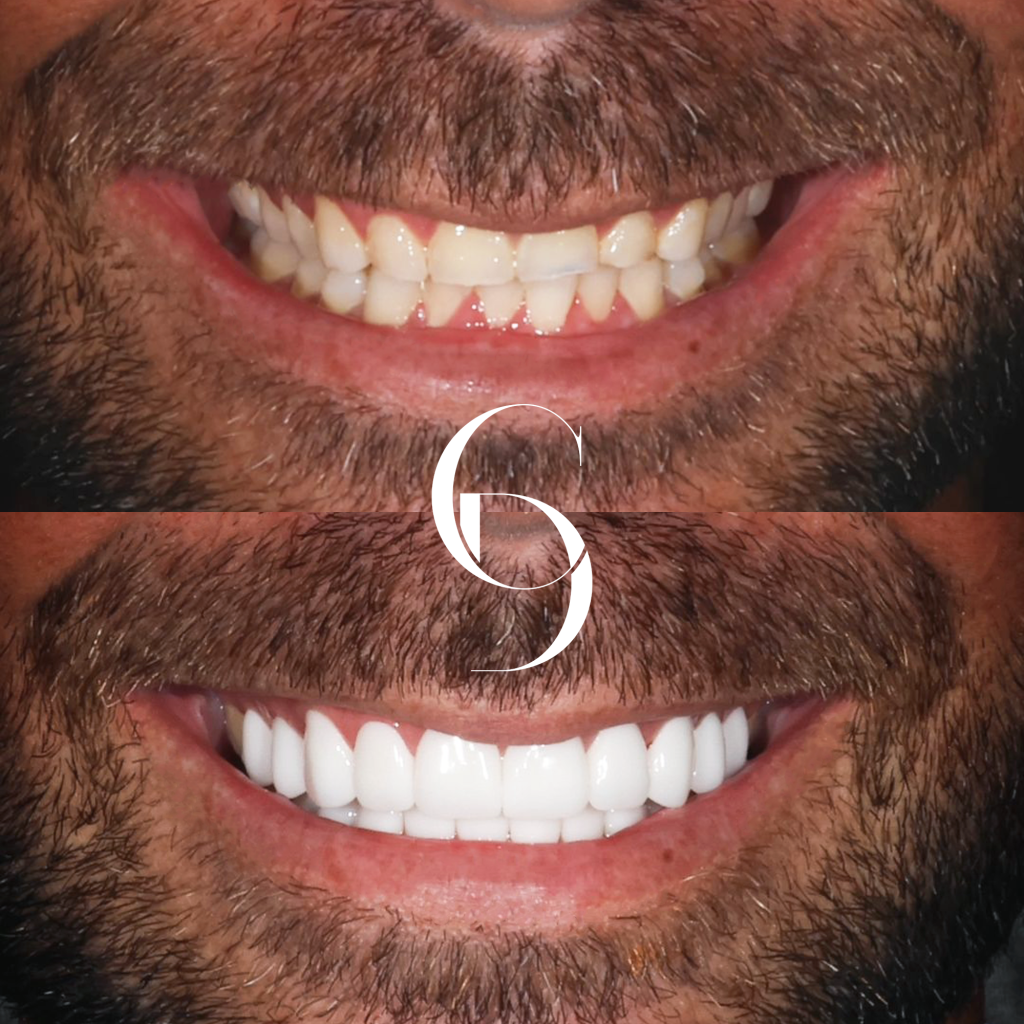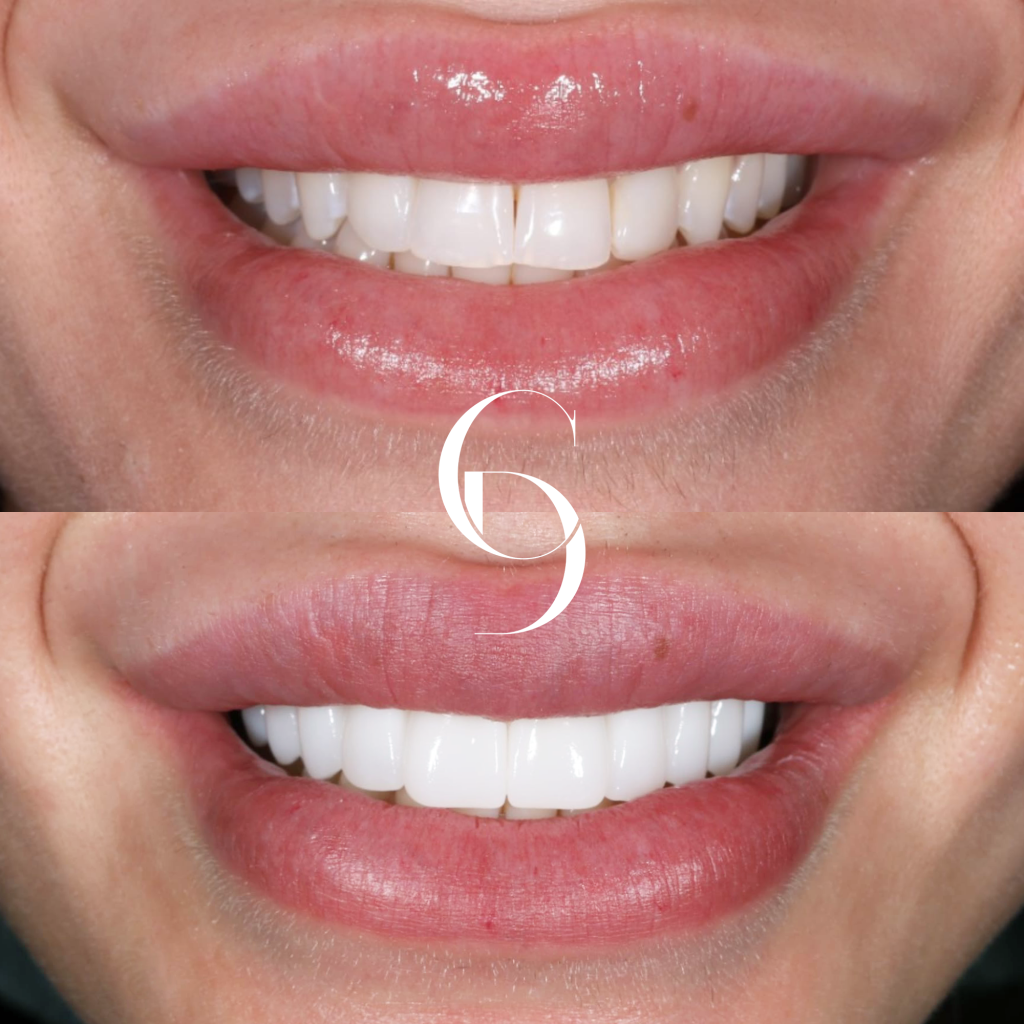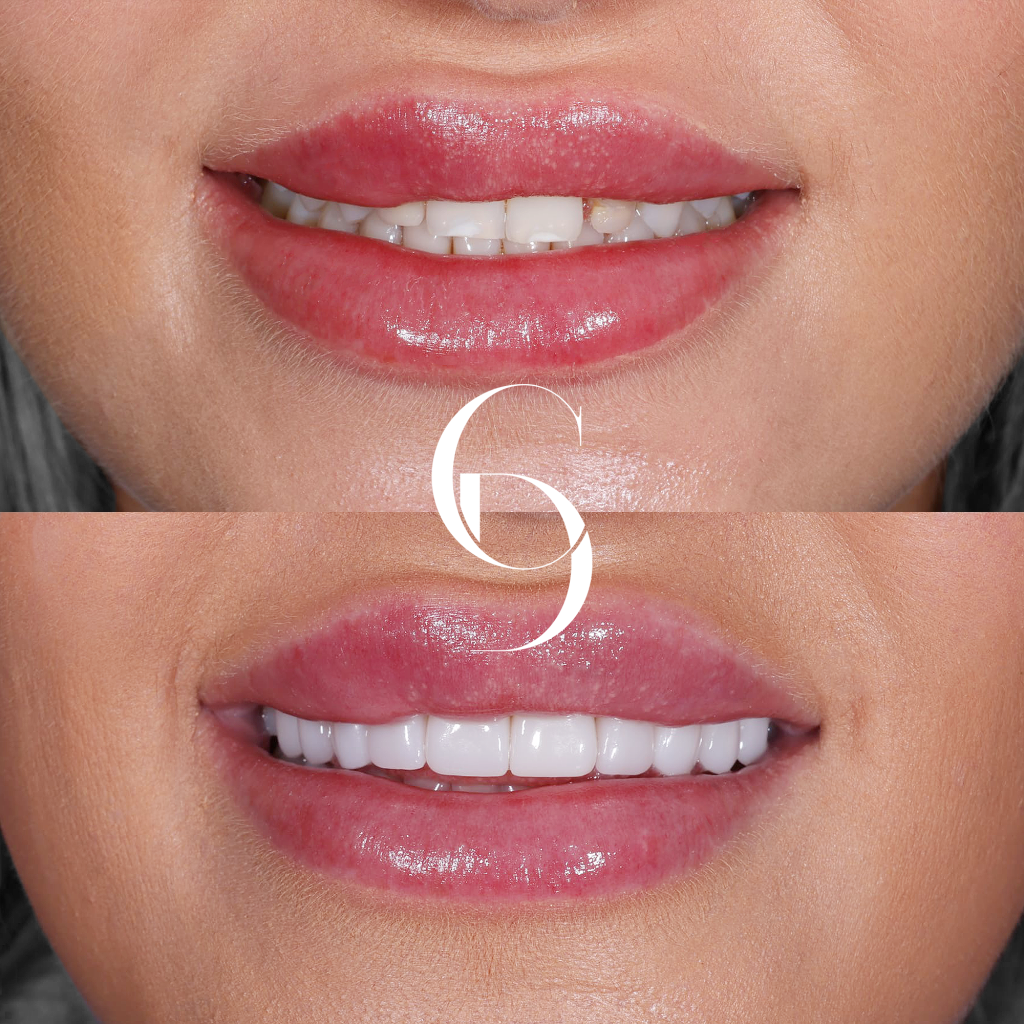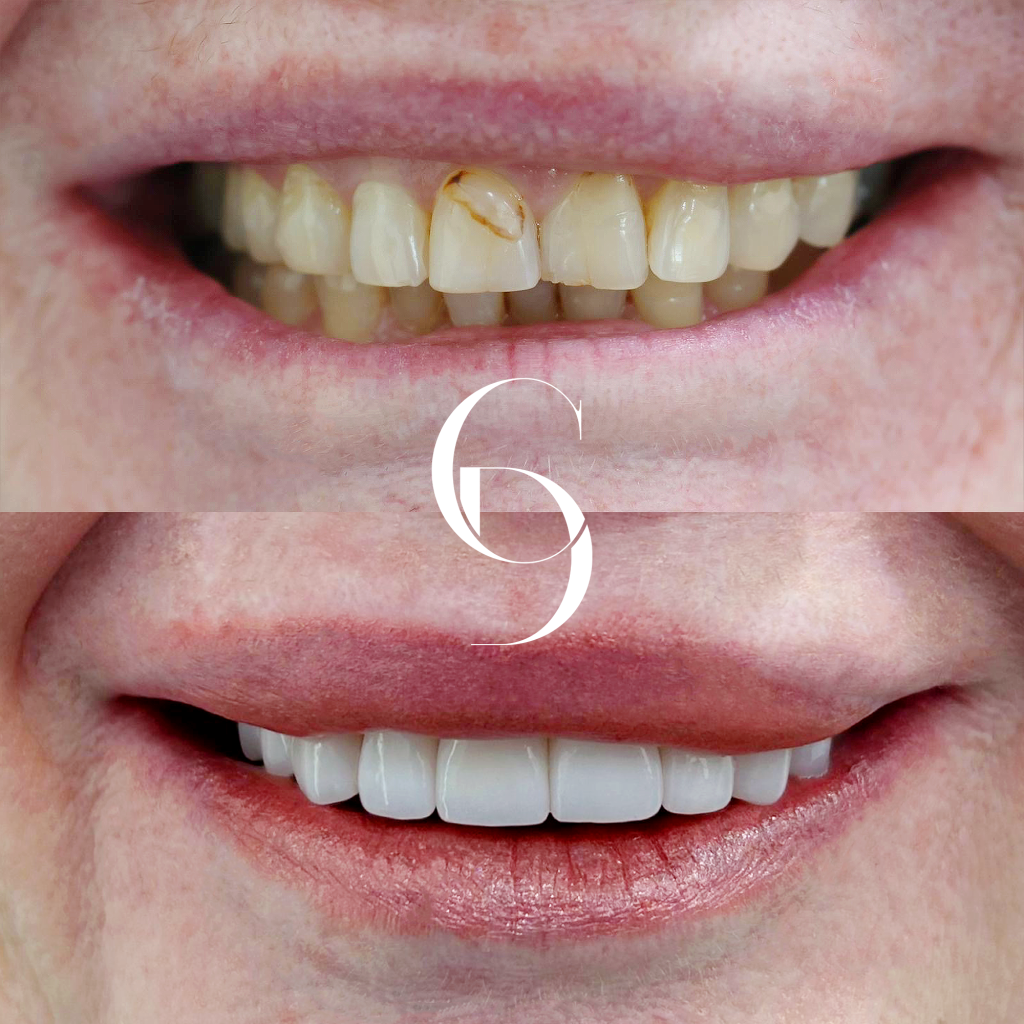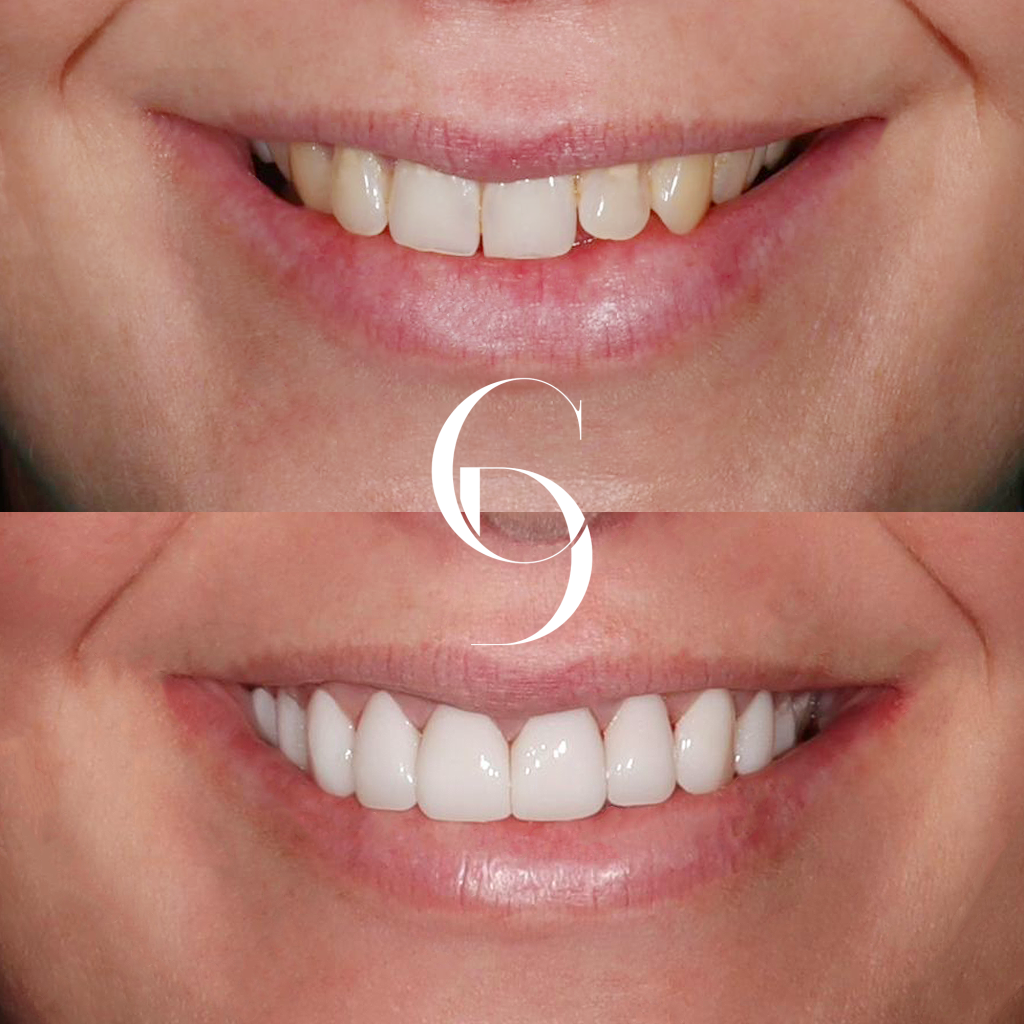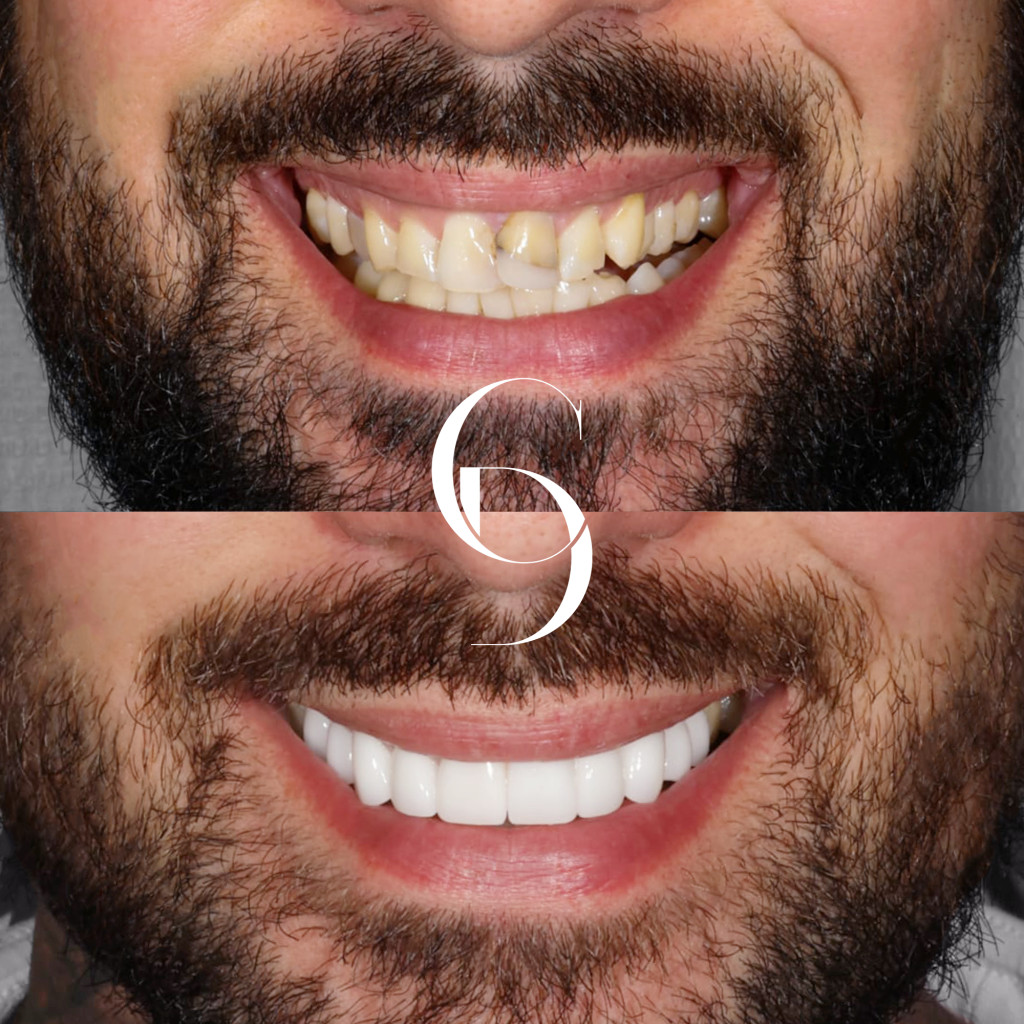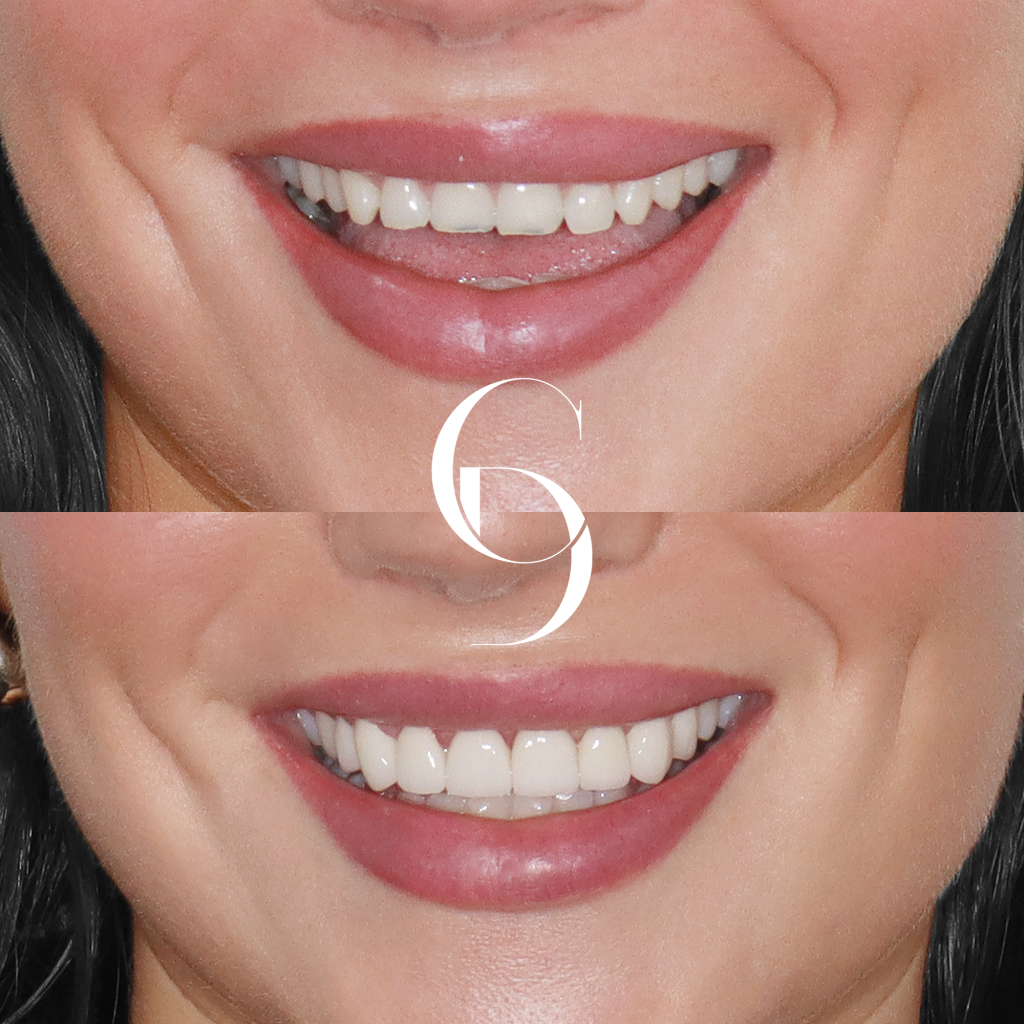You know when and how to brush, but which toothbrush is better, a manual or electric? Well! Canadian Dental Association (CDA) approves both, saying they are safe for removing disease-causing plaque.
At this time, manual toothbrushes dominate the global market, capturing more than 75% share. However, electric toothbrushes are also gaining popularity with changing generation preferences. “Which is the better option, Manual or Electric tooth”?
Let’s find the truth in this blog….
Manual VS Electric Toothbrush | What is The Main Difference
The main difference between an electric and a manual toothbrush lies in the way they are used. A manual toothbrush is used by the individual to manually brush their teeth and gums, a practice familiar to most since childhood. On the other hand, an electric toothbrush, powered by batteries or rechargeable mechanisms, is designed to be maneuvered through the mouth with less manual effort.
Let’s discuss its benefits below…
Electric Toothbrush Benefits
More Effective at Removing Plaque:
Electric toothbrushes are better for plaque removal due to their consistent pressure and motion. They effectively cleanse even the most challenging areas in your mouth. They come in mainly two types: Rotating-oscillating and Sonic. The rotating style features bristle heads that move in a back-and-forth rotational motion, while Sonic toothbrushes vibrate on the tooth surface.
Easier for People with Limited Mobility:
Electric toothbrushes are particularly beneficial for individuals with limited or impaired mobility, as these devices do most of the work for you. For those facing challenges such as wrist or hand issues, using a manual toothbrush can be difficult due to increased pressure on sensitive points. Power toothbrushes are especially well-suited for individuals dealing with conditions like Carpal Tunnel Syndrome, Arthritis, or other developmental disabilities. These devices ensure effective and correct brushing without added strain or difficulty.
People with braces or orthodontic issues:
Electric toothbrushes often have pressure sensors and different brushing modes, like sensitive or gum care modes. These features are especially beneficial if you have braces, dental implants, or any other oral conditions that need a bit of extra attention. They basically make sure you are brushing your teeth in the most sophisticated way possible.
Manual Toothbrush Benefits
Low Maintenance:
Manual toothbrushes are a hassle-free choice for dental care with their low-maintenance features. Oral care becomes simpler with it as they do not need to charge or replace batteries. These toothbrushes are convenient, widely accessible, and perfect for travel.
Precision Control:
One of the main advantages of manual toothbrushes is their level of control. You can adjust the pressure towards the gum line and angle to target specific areas of your mouth, especially in hard-to-reach places like the back molars. Manual toothbrushes will enable you to customize your brushing technique based on preferences and dental needs.
Affordability And Availability:
Manual toothbrushes are a cost-effective and easily accessible option compared to electric ones. The wide range of choices available at various prices ensures you can find one that aligns with your budget. They don’t require batteries or electricity to charge and are easily found at any local store.
What Does Evidence Say?
More research says that electric toothbrushes do better cleaning your teeth than regular toothbrushes. Have a look…
A 2014 review of studies found that subjects who used powered toothbrushes had 21% less plaque and 11% less gingivitis after 3 months compared to those using standard toothbrushes.
A longer-term study published in 2019 also found that participants who used powered toothbrushes tended to have better dental health after 11 years than those who didn’t.
In a study, orthodontic patients were found to have better efficiency with electric toothbrushes. Brushing their teeth with braces was effortless as compared to manual toothbrushes.
According to ADA(American Dental Association), “People who have dexterity problems—like the elderly, people with disabilities, or children—or those who have dental appliances, like braces, veneers teeth find a powered toothbrush easier to use.
Which is Better Toothbrush, Electric or Manual?
The choice between these depends on what you like. Some people prefer an electric toothbrush’s convenience and cleaning power, while others like the simple and lower cost of a manual toothbrush, even though the electric one works better. If you brush well, floss, and see your dentist regularly, you can choose whichever is right for you.
If you are experiencing tenderness, inflammation, or bleeding in your gums, find “porcelain teeth” in your location.

